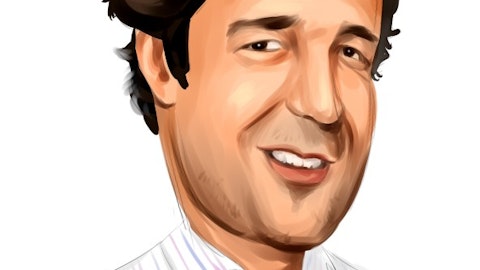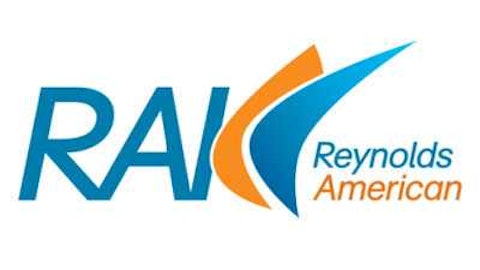Sergio Marchionne, who is a member of the Board of Directors at Philip Morris International Inc. (NYSE:PM), bought 1,000 shares of the $150 billion market cap cigarette company’s stock on February 20th at an average price of $92.20 per share. Our database of insider trading filings shows that Marchionne has been buying the stock frequently in the last year, with his most recent purchase coming last November at an average price of $88.82 per share. Research more of Marchionne’s insider transactions. Our impression is that it is economically irrational for insiders to buy shares of their company’s stock, increasing their company-specific risk and reducing diversification, unless they truly believe that the stock is undervalued. This is an explanation for why stocks bought by insiders tend to beat the market (read more about studies on insider trading).
Philip Morris International Inc. markets the Philip Morris brands (such as Marlboro) in international markets following the breakup of the company several years ago; the rest of the parent company’s business is run by Altria Group, Inc. (NYSE:MO). Sales were up slightly last year compared to 2011, and earnings growth was very modest as well. Earnings per share were up 7% largely on buybacks; between share repurchases and dividends, Philip Morris International returned almost $12 billion in cash to shareholders over the course of 2012. This compared to $9.4 billion in cash flow from operations with the balance coming from issuance of debt.
We’ve already mentioned generous dividend payments by the company in terms of its cash flow, and the yield is currently just shy of 4%. We would note that at a beta of 0.9 Philip Morris International Inc. is not as defensive as might be expected for a cigarette company. The trailing earnings multiple of 18 is not particularly high but we would want to see better earnings growth, even with further repurchases, to consider the stock on a value basis.
Looking at our database of 13F filings for December 2012 (which we also use to develop investing strategies, including the fact that the most popular small cap stocks among hedge funds produce an average excess return of 18 percentage points per year), we can find a number of funds and other notable investors reporting a position in Philip Morris. Billionaire Ken Fisher’s Fisher Asset Management had 5.7 million shares in its portfolio at the end of the year (see Fisher’s stock picks). Renaissance Technologies and D.E. Shaw each added shares during the fourth quarter of 2012; those two funds were founded by billionaires Jim Simons and David Shaw, respectively. Find Renaissance’s and D.E. Shaw’s favorite stocks.
How does Philip Morris International compare to its peers?
British American Tobacco PLC (NYSE:BTI), Altria, Reynolds American, Inc. (NYSE:RAI), and Lorillard Inc. (NYSE:LO) are other large cigarette companies. British American trades at 20 times consensus earnings for 2013, and forward P/Es for the other three companies are in the 12-13 range (though in many cases, as at Philip Morris International, Wall Street analysts are predicting a quite high growth rate of earnings per share). So really it’s difficult to back any player in the industry from a pure value perspective, and certainly in the mature cigarette business revenue growth rates tend to be low. Altria, Lorillard, and Reynolds American do pay dividend yields of 5% or higher, and with betas of about 0.4 as well we like them for income or defensive investors.
Philip Morris International falls short of those three companies in terms of its dividend payments, and its earnings per share growth over the last year has primarily come through reduced share count rather than an improving business. With its earnings multiples being high in terms of a value stock we think that there may be better choices in the industry for the right type of investor.
Disclosure: I own no shares of any stocks mentioned in this article.






